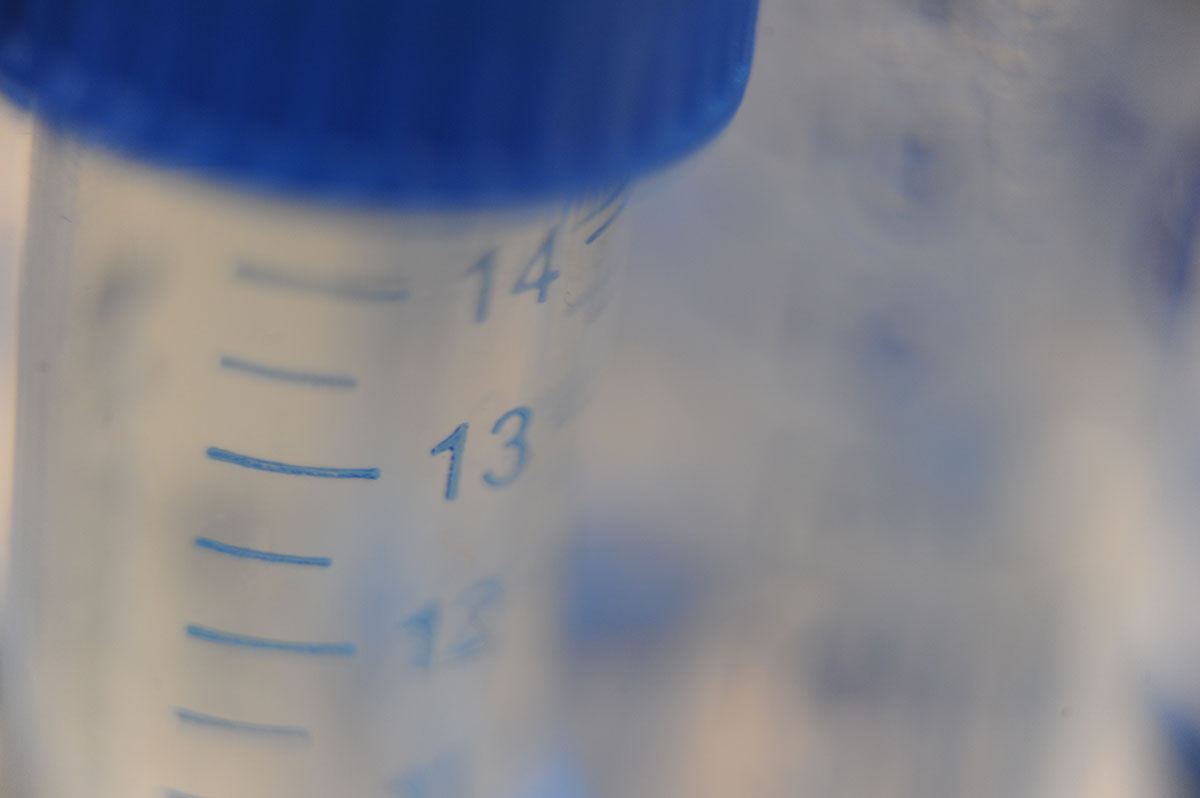This website uses cookies so that we can provide you with the best user experience possible. Cookie information is stored in your browser and performs functions such as recognising you when you return to our website and helping our team to understand which sections of the website you find most interesting and useful.
Common Immune Response Protective Across Many Diseases
Infection, autoimmunity and cancer account for 40 percent of deaths worldwide. In a Cell Reports paper, ISB researchers detail how the human immune system works in common ways across diseases – findings that offer promising avenues for exploring multi-disease therapeutic strategies.
Breakthrough T Cell Discovery Has Huge Potential for Engineering Custom Immune Responses
In a breakthrough discovery that changes how we understand T cells and with implications of how we can better engineer custom immune responses to fight disease, Institute for Systems Biology researchers showed that the different disease-fighting functions of different T cells are determined by the genetically encoded T-cell receptor sequence that are unique to those cells.
In First-of-Its-Kind Trial, Scientists Use CRISPR to Treat Cancer
Scientists for the first time have used CRISPR to substitute a gene to treat patients with cancer. The remarkable findings were published in the journal Nature and presented at the Society for Immunotherapy of Cancer (SITC) 2022.

ISB Leading NCI Comprehensive Cancer Center to Study Sequential Targeted Inhibitors and Immunotherapies
The NCI awarded ISB a 5-year, $13 million grant to lead a comprehensive cancer center and study sequential combinations of targeted inhibitors and immunotherapies. The program is designed to determine if the treatments yield greater patient benefit when administered in sequence rather than as monotherapies or as simultaneously administered combinations.
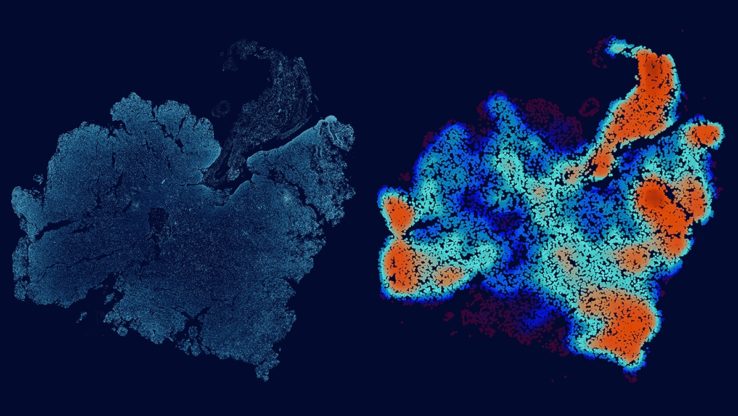
Looking at Tumors Through a New Lens
To improve the efficacy of neoadjuvant immune checkpoint blockade against glioblastoma, researchers are looking for vulnerabilities in surgically removed tissues – a difficulty due to the vast differences within the tumor and between patients. To address this, ISB researchers and their collaborators developed a new way to study tumors.
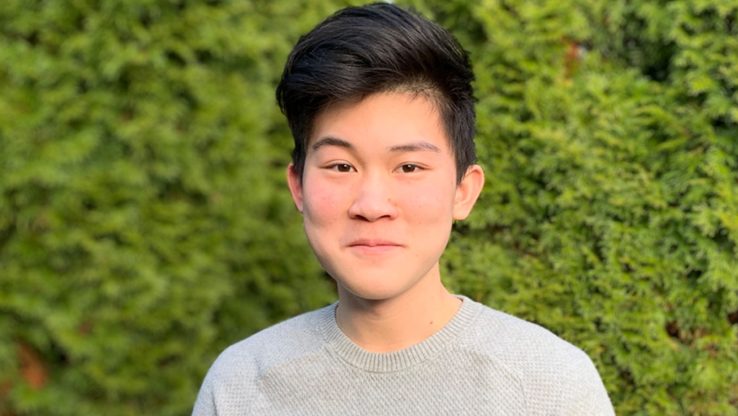
ISB Undergraduate Researcher Daniel Chen Earns Goldwater Scholarship
Daniel Chen, an undergraduate researcher in ISB’s Heath Lab and junior at the University of Washington, has been awarded a prestigious Goldwater Scholarship. Chen has been a key member of ISB’s COVID-19 Immune Response Study.

COVID-19 Immune Response Study Could Lead to More Effective Treatments
Findings from the ISB-Swedish COVID-19 Immune Response Study suggest that treatments aimed at arresting the infection at the stage of moderate severity may be most effective. The team studied 139 patients and found that mild COVID-19 is very distinct from the moderate or severe forms of disease, which appear surprisingly similar.
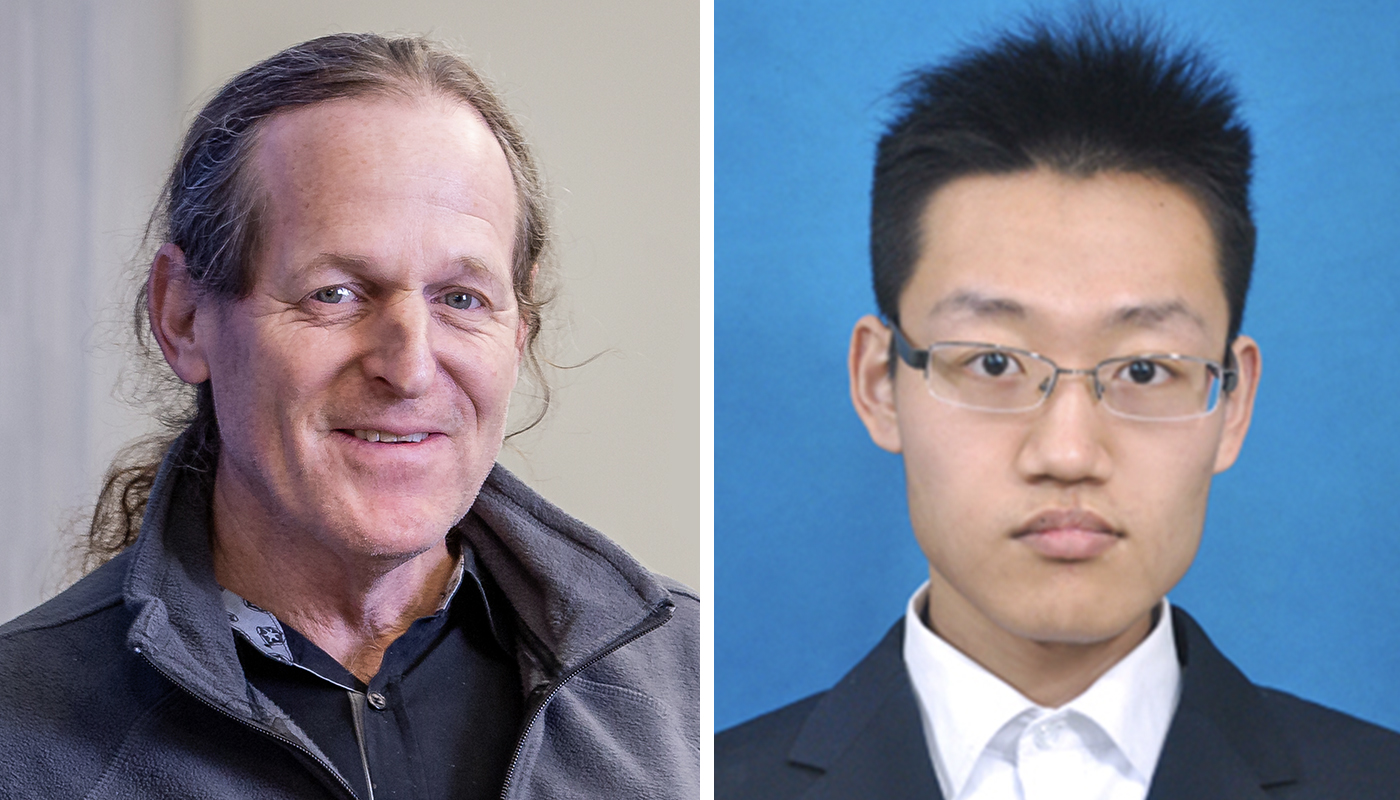
For Cancer Cells, There Is More Than One Path to Drug Resistance
In findings published in the journal Nature Communications, researchers show that cancer cells can take more than one path to reach a drug-resistant cell state. These findings could have promising implications for the future of cancer care.

Merck, ISB, Swedish Collaborate In Trial to Understand, Treat COVID-19
ISB and Swedish Medical Center launched a study to follow hundreds of patients who contract COVID-19 to learn why those infected have drastically different outcomes. “Each of the COVID-19 patients has a unique lesson to teach us about how the medical and scientific community can respond most effectively to this pandemic,” said ISB President Dr. Jim Heath, who co-leads the study.
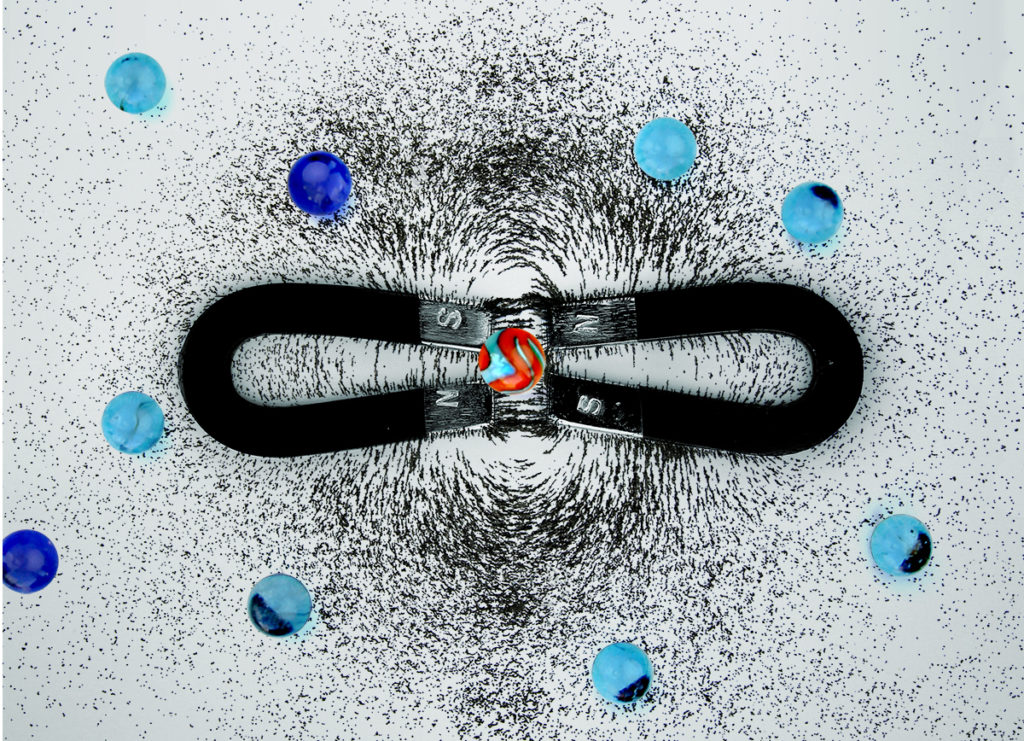
New Method to Detect, Analyze Rare T Cells Another Step Toward Personalized Cancer Vaccines
Members of ISB’s Heath Lab and their collaborators have developed a way to sensitively detect and analyze neoantigen-specific T-cell populations from tumors and blood. This promising development may have implications for creating targeted, individual-specific cancer vaccines.


